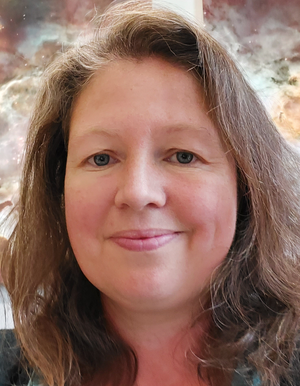AMT/NOVA mobile planetarium project in Namibia
PosterAstronomy education in low-tech environments: Challenges and solutions
2nd Shaw-IAU Workshop
Wednesday Oct. 7, 2020
UTC: 5:25 p.m. - 6:55 p.m. America/New_York: 1:25 p.m.- 2:55 p.m.
, Thursday Oct. 8, 2020
UTC: 10:25 a.m. - 11:55 a.m. America/New_York: 6:25 a.m.- 7:55 a.m.
The Netherlands Research School for Astronomy (NOVA) runs a network of mobile inflatable planetariums which have been visiting schools in The Netherlands for the last 10 years reaching more than 300,000 school children. In 2019, NOVA joined forces with astronomers from the Radboud University in Nijmegen (Netherlands), the Africa Millimetre Telescope (AMT), the University of Namibia (UNAM) and the Rӧssing Foundation and spent a week on the road with one of the NOVA-domes, visiting schools in remote areas in northern and eastern Namibia. After this successful pilot visit, a new educational project was born. Once the corona-crisis is over, a dedicated inflatable mobile planetarium will travel around Namibia and aims to visit every school in the country within the next 5 years.
Biography:
I’m originally from the UK but have been living and working in The Netherlands since 2008. After obtaining a PhD in Astrophysics and working for several years as a postdoc, I moved into STEM Education and Outreach. I spent several years working in the European Space Agency’s Education Team on a variety of projects at primary and secondary level including developing classroom resources, teacher training events and educational competitions. In 2016 I moved to the Hogeschool van Amsterdam (Amsterdam University of Applied Sciences, AUAS) to teach science and science didactics to trainee primary school teachers. In June 2020, I partially moved to the Netherlands Research School for Astronomy (NOVA) to take up the position of Education Manager. Our education projects operate on a national level and include a group of inflatable mobile planetariums which visit around 300 of schools each year. I also continue to work at the AUAS on a number of science didactics research projects.





